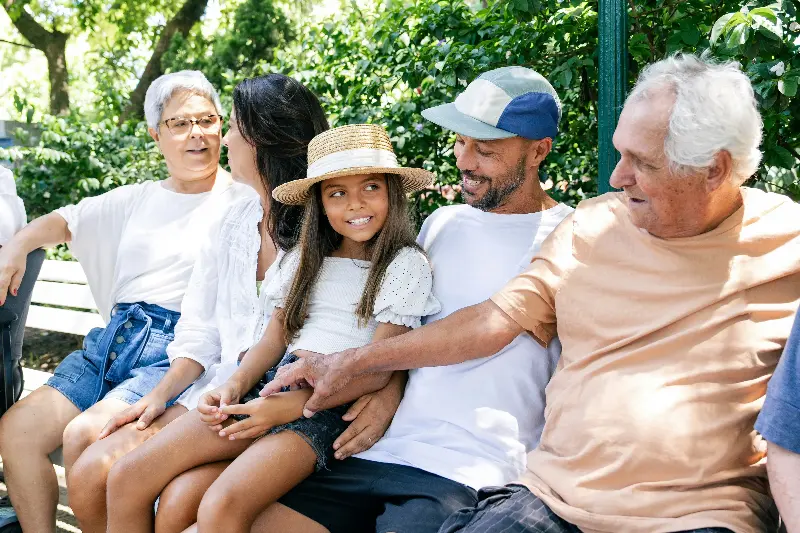
Across continents and cultures, families are rediscovering the age-old benefits of living together, with three—or sometimes even four—generations sharing everyday spaces. While economic reasons often nudge families toward this arrangement, the side effects reach far beyond finances. Today, scientific studies and anecdotal evidence alike are shining a spotlight on how growing up with grandparents in the mix can become a secret superpower for children’s social skills and adaptability.
From Bedtime Stories to Life Lessons: Shared Wisdom in Action
When grandparents nestle into their roles within the household, children gain access to a living library of stories, traditions, and unfiltered life wisdom. This isn’t just about warm hugs or extra servings of favourite treats—it’s about absorbing social cues, empathy, and resilience.
Studying the subtle dance of differences, children learn to:
- Navigate age gaps with respect and patience
- Adapt language and behaviour to fit who they’re talking to
- Practise active listening and thoughtful response
A UK survey found that children with involved grandparents tend to score higher on social competence measures—meaning they’re more likely to help peers, share, and resolve conflicts kindly. The reason? Living with elders brings everyday opportunities to witness graceful disagreement and gentle compromise, both rarities in the rapid-fire world of social media.
Daily Routines, Unexpected Growth: The Adaptability Edge
Every family member in a multigenerational home brings their own habits, quirks, and routines to the table. Children quickly become attuned to flexibility and negotiation, two qualities critical for thriving outside the family nest.
Consider these built-in advantages:
- Change is a Constant: With more dynamic routines and multiple perspectives, children naturally become more comfortable with ambiguity and transition.
- Multi-Level Problem-Solving: Juggling different needs—say, a grandparent’s rest time versus a toddler’s play hour—nurtures creative compromise and thinking beyond oneself.
- Exposure to Diverse Worldviews: With elders sharing tales of their youth, cultural history, and even their own mistakes, children develop an expanded worldview, making it easier to relate to others from all walks of life.
In an era where adaptation is prized, daily life in a bustling, multigenerational home offers children the priceless gift of flexibility.
More Than Childcare: Emotional Anchors and Role Modelling
Grandparents do more than mind the kids. They become emotional anchors—a safe harbour in the occasional storm, offering stability in ways unique to their generation. Their presence has been shown to lower children’s anxiety and foster deeper emotional intelligence.
Children growing up with grandparents at home witness:
- Intergenerational respect in action
- Older family members navigating challenges with calm and perspective
- Stories of endurance that model perseverance through hard times
These lived experiences help develop grit and empathy, furnishing children with social tools that digital devices and youth-centred activities rarely provide.
The Gift That Keeps Giving: Ripple Effects Into Adult Life
The benefits aren’t confined to childhood. Studies across Europe and Asia report that adults who grew up in multigenerational households tend to:
- Have higher rates of volunteering and community involvement
- Adapt more readily to new workplaces and social environments
- Build stronger, more supportive peer relationships
Time spent with grandparents doesn’t just shape the present—it can mould the very core of how individuals connect with others throughout their lifetime.
A Living Legacy: Rethinking Family, Connection, and Growth
Next time you hear laughter echoing from a kitchen where three generations share a meal, pause and reflect on the invisible threads weaving through that home. In a world fixated on fast-paced change and fleeting trends, the old-fashioned model of family togetherness could be quietly crafting the adaptable, compassionate leaders—and friends—our future needs. How might we all invite a bit more of this living legacy into our daily lives?
